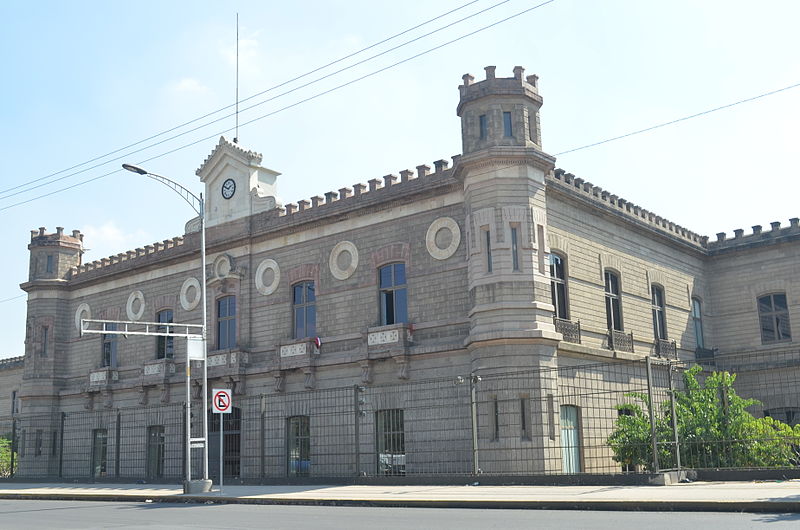
La creencia popular del Palacio de Lecumberri es que fue una prisión en los tiempos de la Revolución. Aunque eso no es incorrecto, este edificio siguió siendo una prisión hasta 1976 y ha sido el Archivo General de la Nación desde 1980.
Conocido también como el Palacio Negro, se construyó para albergar 800 prisioneros y 180 prisioneras más 400 niños. Las celdas eran complementadas con talleres, instalaciones médicas y cocina.
Como Archivo General de la Nación las instalaciones se encargan de guardar millones de archivos. Toda la antigua prisión se adaptó para poder ser consultada y visitada. Desde el 2002 por orden del entonces presidente Vicente Fox, alrededor de 60,000 archivos de la policía que antes eran secretos, se hicieron públicos y se puede acceder a ellos en el lugar.
Al ser un lugar de interés para un público especializado como el de académicos e historiadores, el lugar puede no parecer muy acogedor. Después de todo era una prisión. Sin embargo, cuenta con colecciones permanentes y temporales, así como visitas guiadas por las instalaciones.
El Palacio de Lecumberri es un lugar fascinante no solo por su contenido sino también por su arquitectura espléndida que incluye un panóptico, estructura central desde la que es posible controlar los pasillos de todo el recinto sin que estos tengan intercomunicación.
 +52 (55) 5133 9900
+52 (55) 5133 9900
 https://www.gob.mx/agn
https://www.gob.mx/agn

Cercano a 0.17 kms.

Cercano a 0.18 kms.

Cercano a 0.21 kms.

One of Chapultepec's more sublime historic homes is a cultural center, too.

One of Avenida Madero's most famous corners . . .

A historic Methodist church on the Avenida Balderas . . .

El Museo Nacional de Arte en el Centro Histórico de la Ciudad de México siempre será un punto memorable de tus vacaciones.

Un sublime estilo renacentista italiano ha recibido a los transeúntes durante casi 120 años. Esto es de lo que se trata.